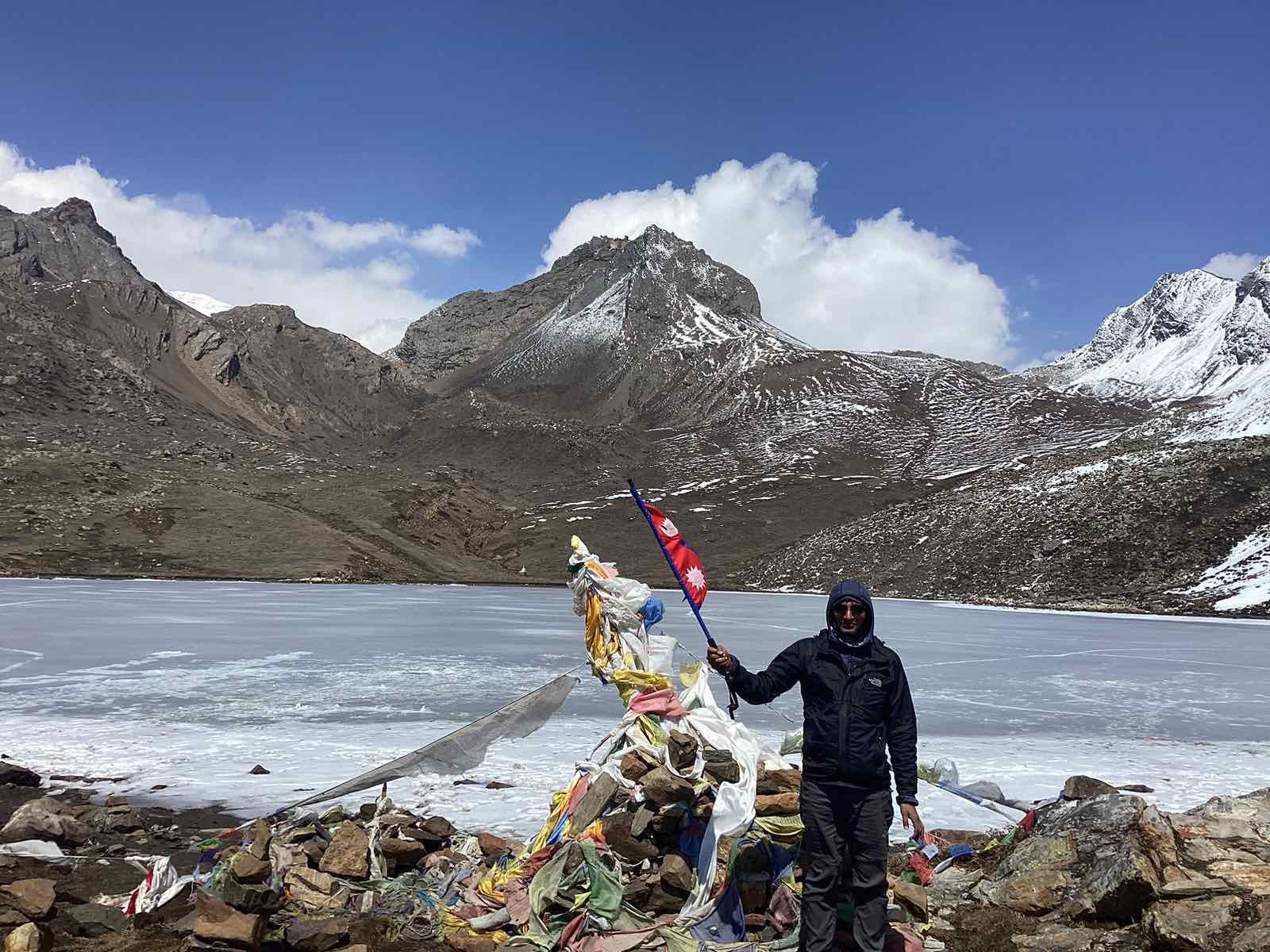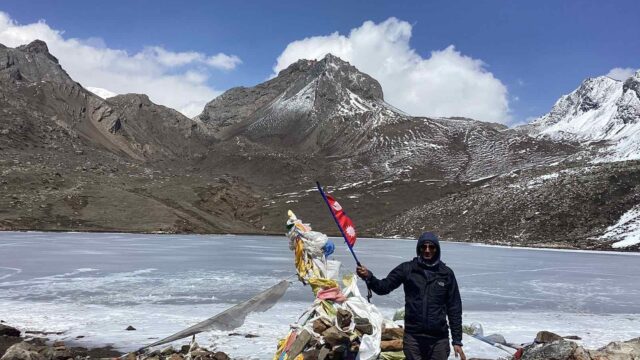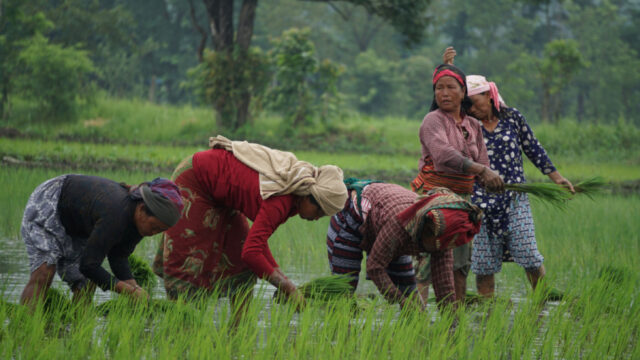Nepal’s tourism industry, particularly trekking and mountaineering, is a major contributor to the country’s economy. Thousands of trekking guides and porters are involved in this sector, assisting both foreign and domestic travelers in navigating Nepal’s diverse landscapes. However, despite being a key part of the tourism infrastructure, these workers face significant financial challenges, including unstable income, seasonal employment, low wages, and a lack of insurance and social security.
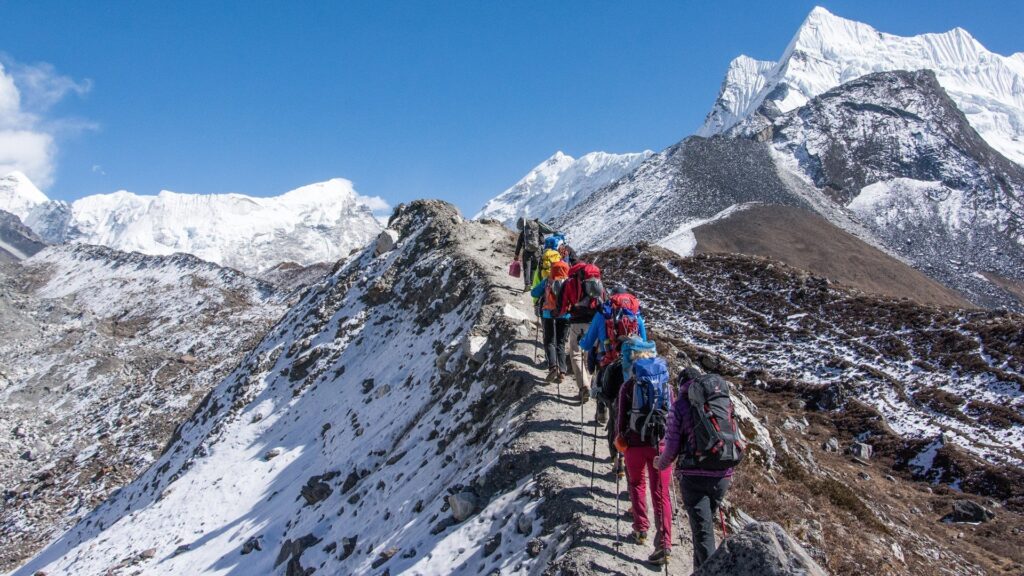
1. Unstable Income and Seasonal Employment
Trekking in Nepal is highly seasonal, with peak seasons occurring in autumn (September–November) and spring (March–May). During these months, guides and porters find employment, but for the rest of the year, many are left without work, forcing them to seek alternative jobs or remain unemployed.
Supporting Data (2023)
In 2023, Nepal welcomed a total of 1,141,658 foreign tourists, with approximately 216,000 involved in trekking and mountaineering.
A trekking guide’s Earn Average of USD 25 to USD 125 (NPR 3,250 to NPR 16,250) per day , income during peak season ,but in the off-season, it can drop below USD 17 to 65 ( NPR 2,200 to NPR 8,450) and some guides were struggling to find work as well .
Porters earn NPR 1,500–2,000 (USD 11.5 –15) per day during the trekking season but struggle to find work in the off-season.
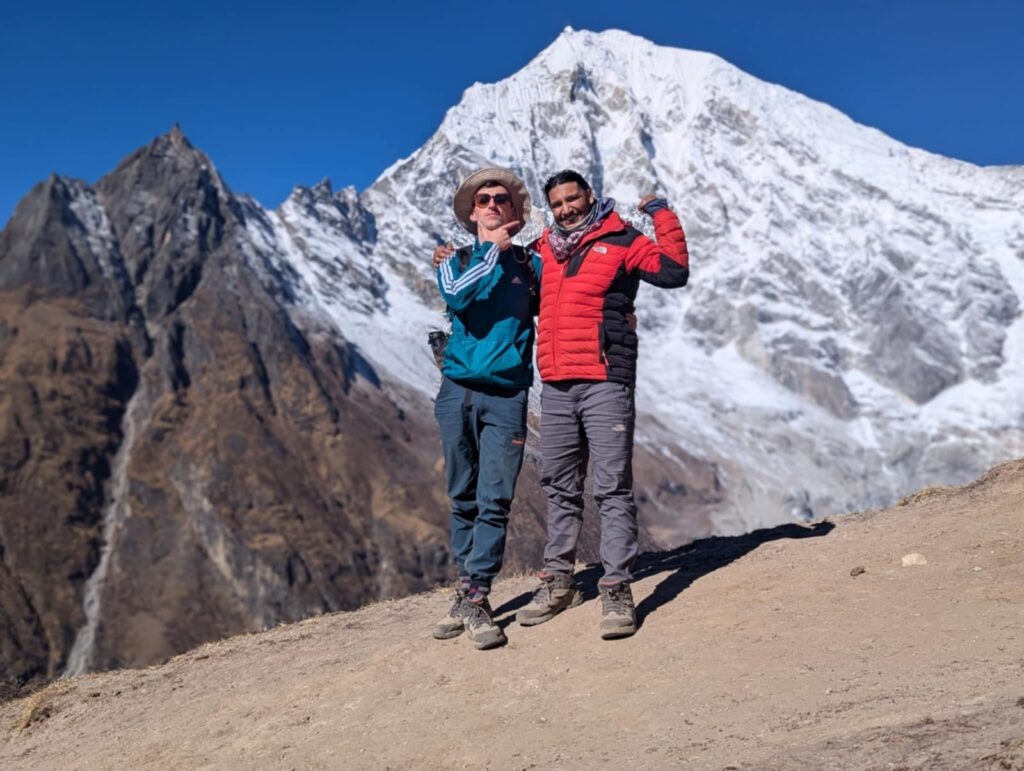
2. Low Wages and Unfair Compensation
Despite the high costs that trekkers pay for guided trekking packages, many trekking companies fail to compensate guides and porters fairly. Some companies even take advantage of workers by offering them lower wages than agreed or deducting service charges.
Supporting Data (2023)
According to the Trekking Agencies’ Association of Nepal (TAAN), in 2023, the average cost of a trekking package per person ranged from USD 500 to USD 3,500 (NPR 65,000–455,000), yet guides and porters receive only a small fraction of this amount.
Porters, who carry loads of up to 25–30 kg, earn an average of USD 13 to USD 15 (NPR 1800 to NPR 2000) per day, which is significantly low considering the physical demands of their work.
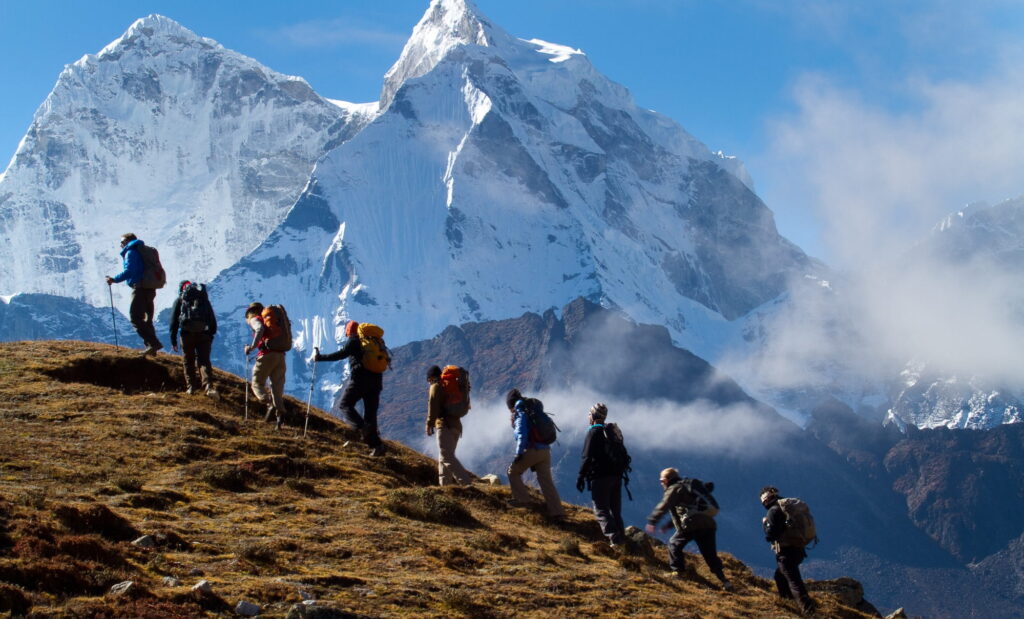
3. Lack of Insurance and Social Security
Trekking and mountaineering involve high risks, including altitude sickness, landslides, avalanches, and extreme cold conditions. Despite these dangers, many trekking workers lack proper insurance coverage, and in case of accidents, they or their families have to bear the financial burden.
Supporting Data (2023)
In 2023, more than 60 porters and guides were seriously injured or lost their lives due to trekking-related accidents.
Many trekking agencies fail to provide mandatory accident insurance for their workers, despite government regulations requiring them to do so.
4. Exploitation by Tourists and Trekking Agencies
Many foreign tourists seek cheaper trekking options, sometimes hiring unregistered or inexperienced guides to cut costs. This reduces opportunities for licensed guides to earn fair wages. Similarly, some trekking companies exploit workers by deducting salaries, refusing tips, or failing to provide proper equipment for high-altitude treks.
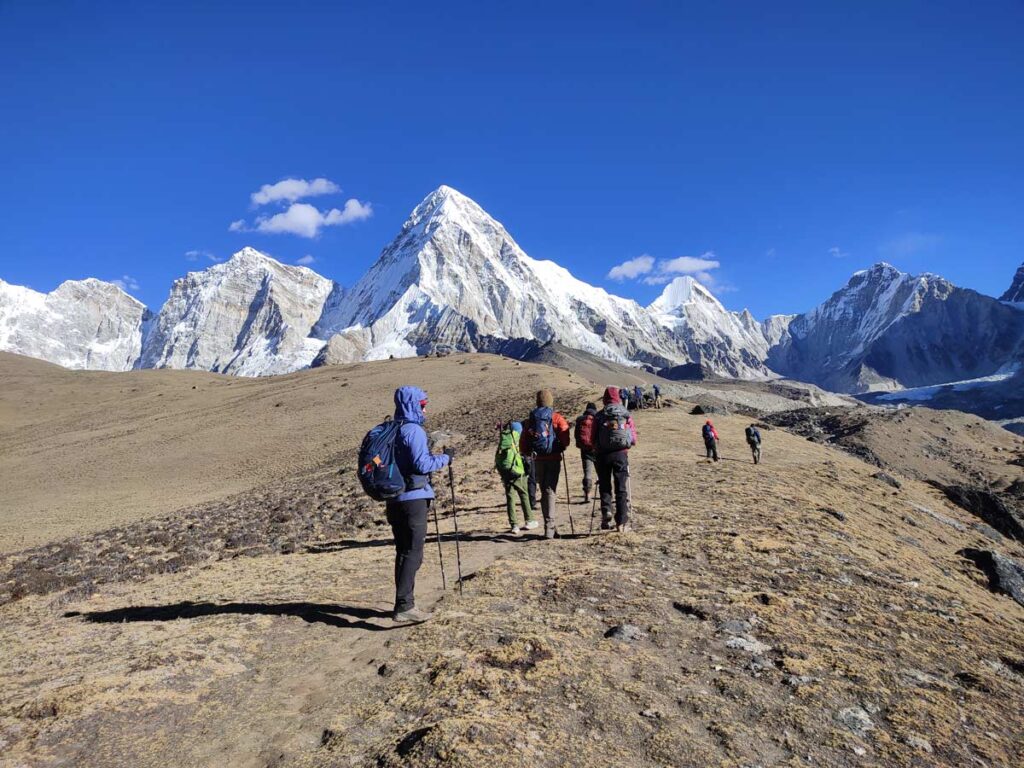
Supporting Data (2023)
An estimated 30% of trekking activities in 2023 were conducted informally, with trekkers hiring guides and porters outside registered agencies, often underpaying them.
Over 20% of trekking companies were found to be non-compliant with labor laws, failing to provide fair wages or insurance for their workers.
Solutions to Address These Financial Challenges
To improve the financial situation of trekking workers, several key measures need to be implemented :
✅ Promote Year-Round Tourism: Expanding tourism beyond trekking seasons by developing alternative tourism activities like cultural tourism, eco-tourism, and community-based tourism.
✅ Ensure Fair Wages: Setting a government-mandated minimum wage for trekking workers and enforcing strict compliance.
✅ Mandatory Insurance Coverage: Ensuring all trekking agencies provide life and accident insurance for their guides and porters.
✅ Implement a Digital Record System: Platforms like Data Home Nepal can help track worker statistics, manage insurance records, and improve transparency in wage distribution.
✅ Stronger Government Monitoring: Enforcing strict regulations on trekking agencies to ensure fair treatment and avoid exploitation of workers.
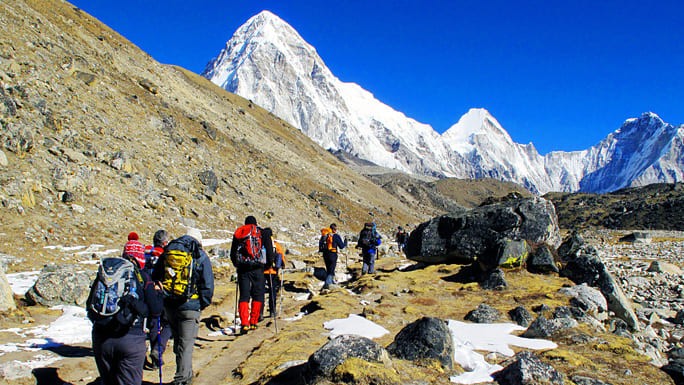
Conclusion
Despite Nepal’s trekking industry being a major revenue source, trekking guides and porters face serious financial hardships due to low wages, seasonal employment, lack of insurance, and worker exploitation.
Addressing these issues requires government intervention, industry regulation, and better data management to ensure fair wages, job security, and worker protection. A sustainable trekking industry in Nepal is only possible when the backbone of the industry the guides and porters receive the financial security and respect they deserve.
Written By: Pari Adhikari (Tourism Professional and Trekking Guide)
